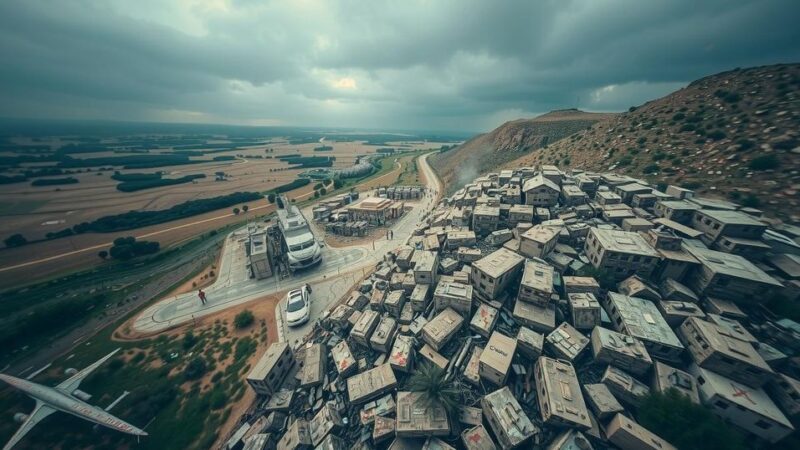COP29 talks have been overshadowed by geopolitical tensions, particularly after Argentina’s withdrawal. This situation underscores the challenge of balancing national interests with global climate responsibilities. The risk of protectionist stances hampers crucial climate finance discussions, raising concerns about future cooperation in mitigating climate change.
The recent COP29 negotiations on climate financing have been significantly impacted by geopolitical tensions, particularly following Argentina’s withdrawal from discussions. This development highlights the fraught landscape in which climate talks are occurring, as countries grapple with their immediate national interests versus global climate obligations. The rise of protectionist sentiments and national priorities poses a serious challenge to achieving cohesive commitments for climate action. As the world faces escalating environmental crises, the inability to secure funding for vital climate initiatives remains a pressing concern.
The framework of the COP negotiations is intended to foster international cooperation on climate change, facilitating financial commitments from developed countries to support developing nations. However, the effectiveness of these negotiations is increasingly jeopardized by geopolitical conflicts and economic disparities. Argentina, a key player in these discussions, walked away due to concerns that its national priorities were being overlooked, thereby exemplifying a larger issue within the talks. The evolving global political landscape continues to overshadow the urgent need for climate action, leaving many questions about the future of collaboration.
The departure of Argentina from COP29 serves as a stark reminder of the growing divide between national interests and collective climate goals. As geopolitical tensions escalate, the very foundation of international collaboration on climate financing is at risk. It is imperative that nations find pathways to reconcile their immediate concerns with the urgent need for climate action, ensuring that funding flows to initiatives that can genuinely combat the adverse impacts of climate change for future generations.
Original Source: www.euractiv.com




